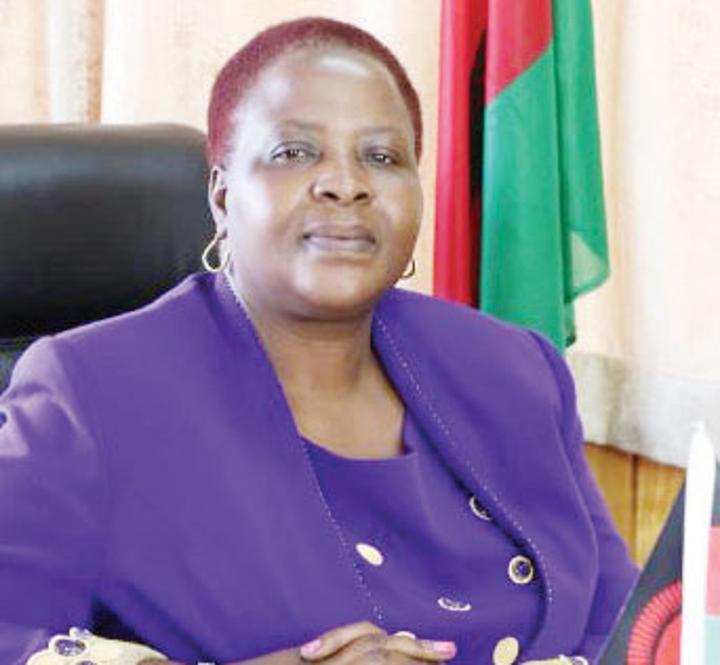Africa-Press – Malawi. January has become the most deadly month under the current wave of cholera, which started in March last year with the registration of the first case in Machinga District.
According to Ministry of Health statistics, at least 500 people have died of cholera from January 1 to 29, with new cases within the same period exceeding 15,570, thereby exerting more pressure on the health system.
To make matters worse, Malawi set a new cholera cases record on Saturday when the number of cumulative cases jumped above the 33,000 recorded in the worst-case scenario of 2002.
Daily updates from the Ministry of Health indicated, on Saturday, that cumulative cases rose to 33,023. Six hundred and two cases were recorded on the day in question. The development has alarmed Society of Medical Doctors in Malawi President Victor Mithi, who felt that some factors have added fire to the situation.
“This is a result of neglect of various issues, including sanitation in markets, intermittent water supply in cities as well as the effects of the two tropical storms [Ana and Gombe] the country experienced early last year,” he said.
Mithi, therefore, said there is a need for the authorities to demonstrate strong leadership on issues of water and sanitation to ensure that Malawians can prevent the further spread of cholera.
Malawi Health Equity Network Executive Director George Jobe said the outbreak could have been contained had community members been taking heed of messages disseminated by healthcare service officials.
“For example, whereas, in the past, people would take heed of advice from healthcare workers that they should, for example, not mix with cholera patients in places like hospitals, this is no longer the case.
“This time around, guardians would like to be sharing the same space with patients, a situation that is perpetuating the situation,” Jobe said.
Health Minister Khumbize Kandodo Chiponda has since advised the public to be quick in seeking medical help whenever they experience cholera symptoms to avoid more deaths.
“Do not panic but act quickly. The suspected person or sick person should drink a solution of oral rehydration solutions made with safe water.
“Go immediately to see the community health worker or seek care at the nearest health facility or any cholera treatment centre in the area,” she advised in a daily cholera update statement she released on Saturday.
On Friday last week, President Lazarus Chakwera told BBC Focus on Africa that there is a link between cholera and climate change, adding that there is a need for further studies.
According to the President, there has been an unprecedented level of water-borne diseases since devastating floods hit Malawi last year. He further indicated that the country has not had an outbreak of cholera in over 20 years and that, even before that, cholera did not reach the current scale. Malawi has been battling with cholera for 10 months now since the first case was registered in Machinga in March last year.
For More News And Analysis About Malawi Follow Africa-Press






